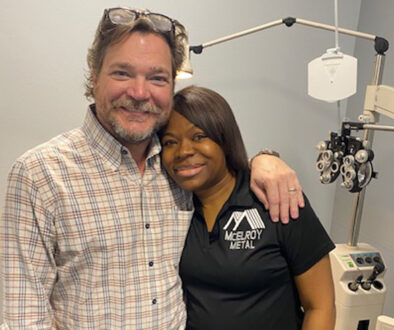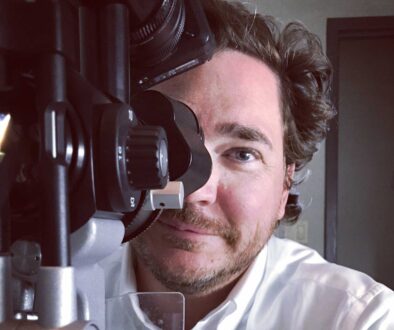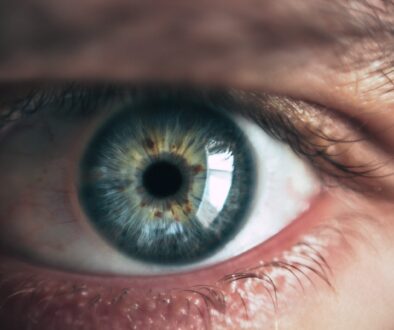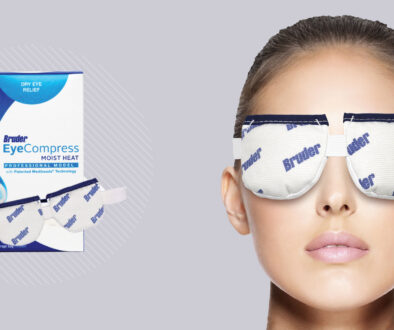The 411 on Cataracts With Dr. Russ
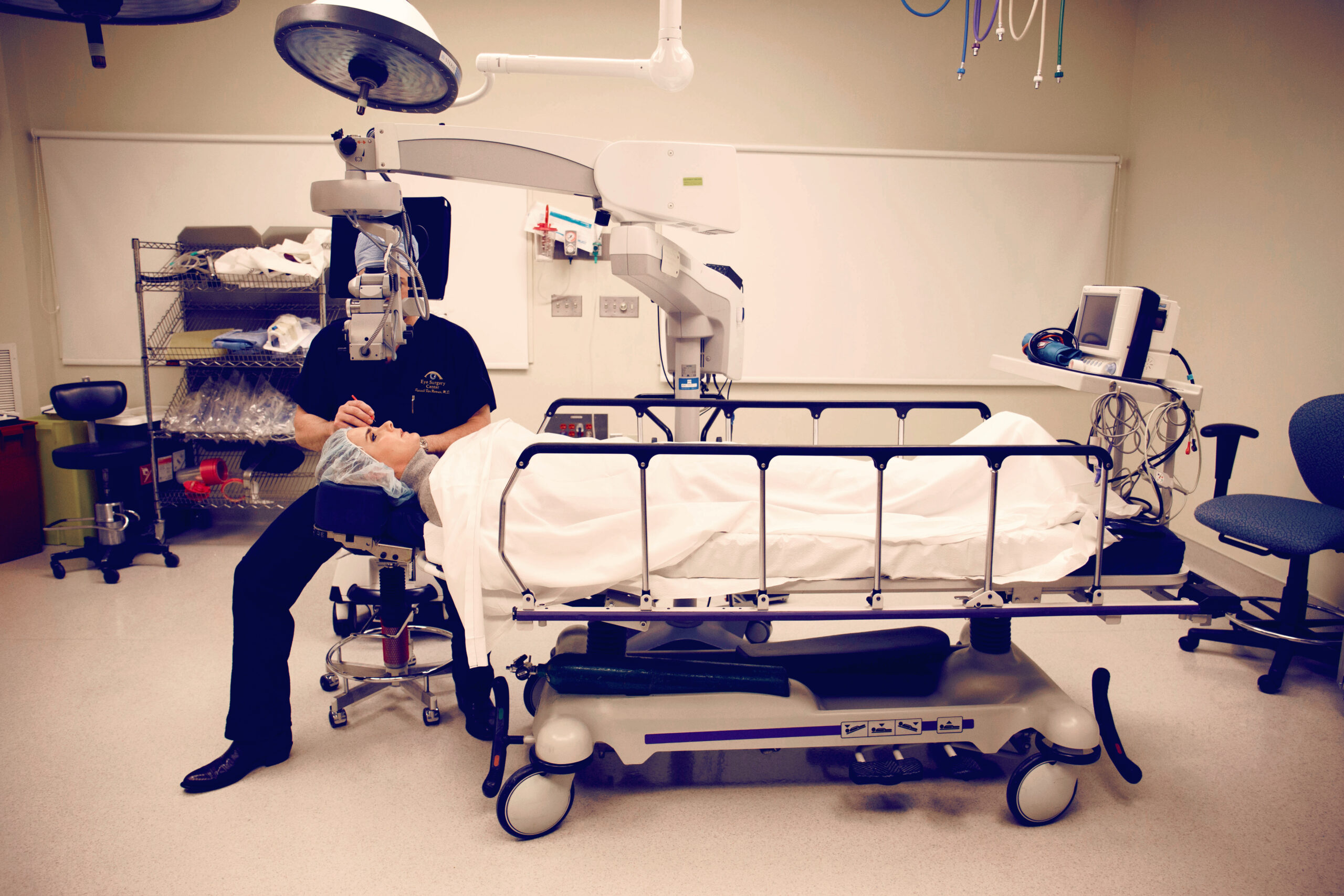
The 411 on Cataracts With Dr. Russ
You may not notice it very often, but your eyes are used for almost every single activity you perform throughout your day, everything from reading to driving to bird watching and playing golf. Throughout the life cycle, the proteins inside the lens of your eye may join together, turning the lens from clear to a cloudy color that will impair your vision.
Maintaining the best eye care health is Dr. Van Norman’s number one priority with all of his patients.
There are certain behaviors that can put you at a higher risk for getting a cataract. Some of these may behaviors include:
- spending too much time in the sun without using proper eye protection
- being a regular smoker, or being near them frequently
- having high blood sugar
- using steroid medications
- having prolonged exposure to radiation
If you find yourself in one of these categories, let’s talk.
Cataract surgery is the most common procedure performed by the ophthalmic surgeon.
This year, 3.6 million cataract procedures will be performed in the United States and more than 20 million will be performed worldwide, according to estimates.
In the United States, there are approximately 18,000 ophthalmologists, of whom 9,000 perform cataract surgery regularly. Thus, a typical surgeon might anticipate a surgical volume of about 400 eyes per year.
Its all about The 411 on Cataracts With Dr. Russ
Most cataracts are highly treatable.
Cataract surgery is one of the most common surgeries performed in the United States, with approximately 98% of patients experiencing improved vision if there are no other eye conditions present.
How Cataract Surgery is performed:
The role of lasers in the removal of cataracts has been unfolding for decades already in the United States. Femtosecond lasers have been widely adopted in ophthalmic surgery practices everywhere since 2001, and in the late 2000s, work began to develop advanced applications for the lasers in cataract surgery. The medical laser has also found other positive applications including the ability to make incisions in the cornea to treat certain types of astigmatism, thereby reducing the need for corrective eyewear.
- Corneal incisions
- Opening of the capsule containing the cataract
- Sectioning of the cataract into smaller pieces.
The laser performs these three steps with incredible precision, and this may be the primary factor in this technologically advanced field which reduces the need for these steps to be manually performed by the surgeon, thereby reducing errors and improving accuracy as well as costs.
Two very small incisions (one larger, approximately three millimeters, or one-tenth of an inch, and one smaller, approximately one millimeter, or one thirty-second of an inch) are made in the cornea, which is the transparent dome-shaped tissue that covers the front part of the eye. A viscous material is injected into the front part of the eye to help maintain its shape during surgery. This viscous material is made from substances that occur naturally in the body. (Source)
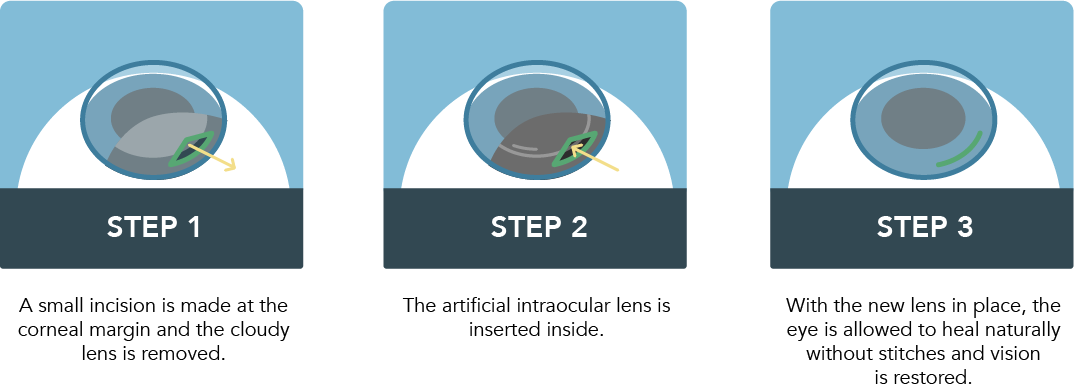
What to Expect After Surgery
A postoperative regimen requires anti inflammatory and antibiotic medications. We offer a dropless option tailored to each patient when needed. Most patients recover without complications and are fully healed within 4-5 weeks.
An eye shield or eyeglasses may be recommended to help protect the eyes while outdoors. Avoid rubbing or pressing on the eyes after surgery. After a day or two any mild discomfort should disappear.


